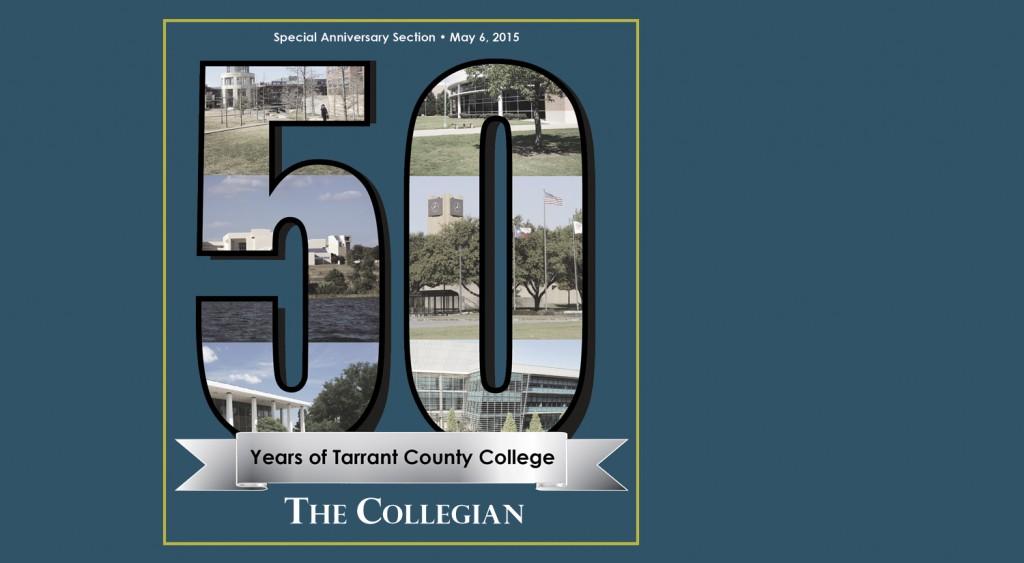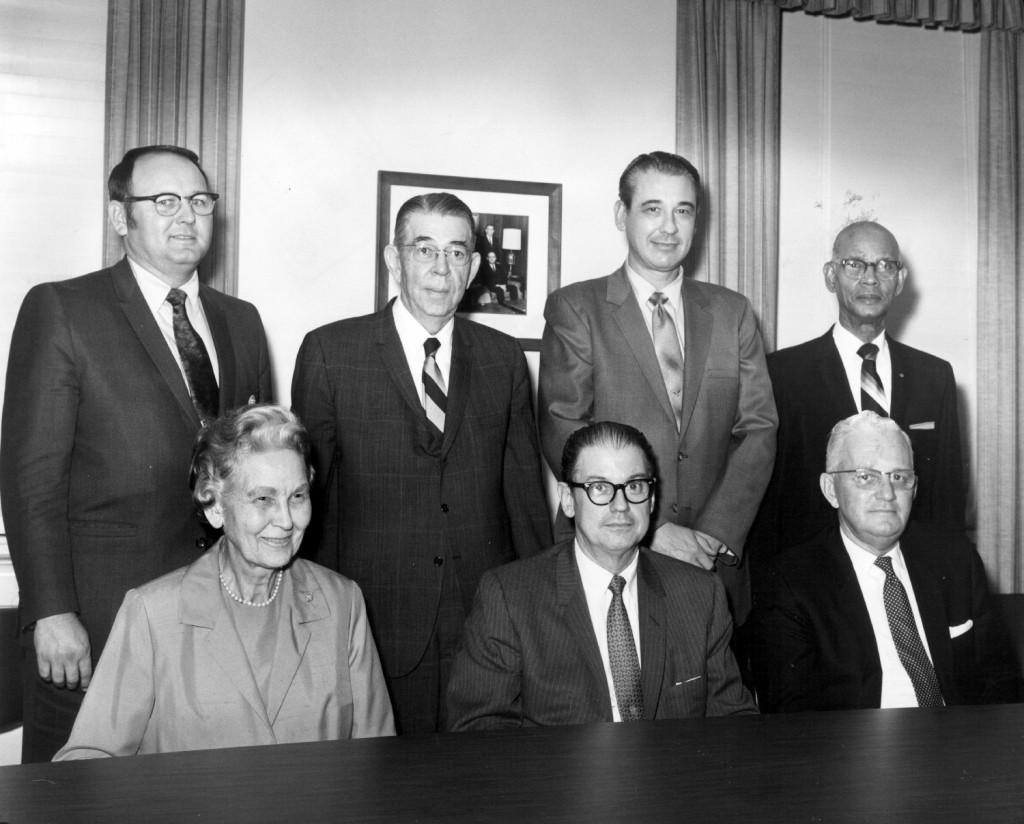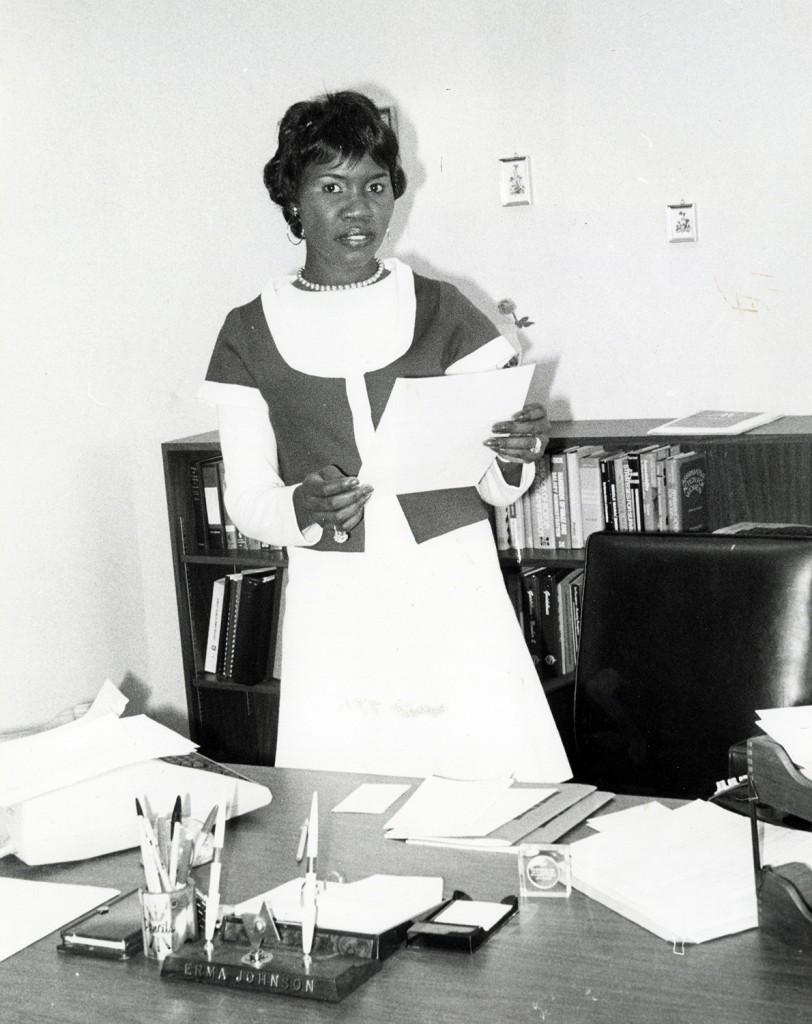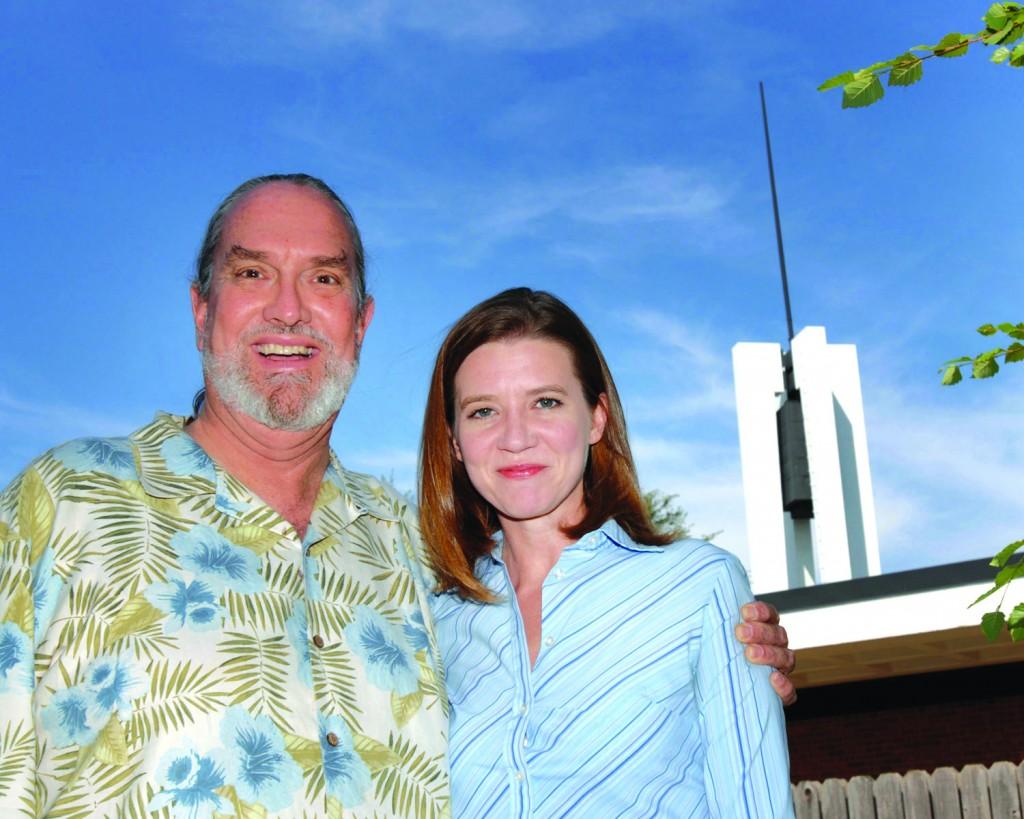By Martin Paredes/south news editor
Last fall, TCC implemented a policy requiring students with fewer than 15 credit hours to participate in two advisor visits per semester.
Students who fail to do so are blocked from signing up for classes the next semester.

Photo by Erik Marroquin/The Collegian
Student success associate vice chancellor Jade Borne said the new policy was part of a larger “advising case management model” that aimed to improve the retention rate of first-time-in-college and other students.
“The model targets students who are not yet TSI (Texas Success Initiative) complete and those who have not yet chosen a major,” he said. “These are the students who are most likely to drop out of college.”
Borne said students who engage in advising and other retention initiatives succeed at higher rates than students who do not.
Borne said much thought was put into organizing the new guidelines.
“We based all of the initiatives associated with the advising case management model on best practices, external research data and internal studies that found correlations between the numbers of advising visits with student success rates,” he said.
Many freshmen share the struggle of not knowing their major as they begin college.
In some cases, like South student Madison Williams, students will finish their first or second semester only to realize the major they chose is not for them.
“I am thinking of changing my major,” she said. “I originally came here for psychology, but I’m thinking of switching to something else. I have a few things in mind, but that’s why I want to talk to an advisor.”
For students like Williams, TCC offers the MyPlan assessment, a questionnaire to gauge suitable majors.
South academic advisor DeShun Jackson said students need to have an idea of what they want to focus on in college because it makes assisting them easier.
“[The MyPlan assessment] matches the student’s skills, interests and talents with some possible careers,” she said. “There’s a reason why we want students to have some idea as to what they want to do.”
Once students complete the questionnaire, the advisor can help them choose a degree plan and get them on the path toward their academic dream.
“Our degree plans are designed to transfer to four-year institutions,” she said. “So we want to make sure that whatever classes the students are taking here are transferable to that institution.”
South freshman and Cornerstone student Arlet Martinez took the questionnaire but wasn’t pleased with the results.
“I don’t know about other people, but it didn’t work for me,” she said. “I got the results, and I really wasn’t happy with them. It told me to be a teacher, but I really don’t want to be one because I have really bad stage fright.”
Martinez said she got “quite a bit of help” from her advising visit, but she just does not see herself being a teacher.
“I was thinking about it too because I love interacting with kids, but I don’t think that’s what I want to do for the rest of my life,” she said.
The new policy stresses advising by appointment, which has led to better planning on the part of students and advisors and shorter lines.
“It used to get out of hand before we implemented the appointment system,” Jackson said. “Students were just walking in and getting frustrated at the sight of a long line.”
Before advising by appointment was a staple of the advising center and walk-ins were the norm, students would go in and out quickly as advisers tried to help as many students as possible.
“It felt like we were not really doing what we need to do as far as getting down to the core of what we needed to do,” she said. “This [system we have now] allows intrusive advisement where we can really deal with the issues that students are dealing with.”
Borne said he was aware of the problem, so the new policy was adjusted to offer more options to students.
“We were very flexible in how students could satisfy this requirement including allowing telephone advising sessions for students who had transportation and other issues,” he said.
Borne said students have reacted well to the new process, and some expressed their positive experiences to them. The policy also extends advisory visits to a maximum of 30 minutes, which he thinks keeps students from feeling rushed during advising.
Jackson has seen the policy help students who would have otherwise decided not to get the free help available.
“We are here to help them in any way we can,” she said. “We require two meetings, but we want to see them more.”
Borne, despite the positive changes, admits there is always room for improvement.
“Students seem to be responding favorably overall to the new process,” he said. “It seems to be working well, but we will know more after we conduct a process review after fall 2015 registration.”





























